❤️ RESOURCES | Free Mental Health Services for DC Adults
The following information is from the DC Department of Behavioral Health.
Adults who need behavioral health services and supports can choose from a number of community based private providers located in neighborhoods throughout the District. You can contact the provider of your choice directly or you can call the ACCESS Helpline at 1-888-793-4357 and talk with a behavioral health professional who will guide you through the process.
The Department 's goal is to deliver behavioral health services that promote recovery, respect cultural and linguistic diversity, and are choice-driven through the Mental Health Rehabilitation Services system for community-based care or MHRS. The MHRS system is based on individualized services and supports.
Services include diagnostic/assessment services, counseling, medication, intensive day treatment and crisis/emergency services. Individualized behavioral health services are supported by rehabilitation programs, peer supports, supportive employment opportunities, housing assistance and a range of community housing alternatives to facility-based care.
Serving Individuals With Unique Needs
DBH provides behavioral health services and supports to unique populations, including individuals who are deaf/hearing impaired, limited or no English speaking, or who have co-occurring intellectual disabilities. For an appointment, please call (202) 442-4202 or the ACCESS Helpline at 1-888-793-4357.
Same Day Urgent Care
You can walk into a clinic located at 35 K Street N and be seen the same day without an appointment from 8:30 am to 3 pm. Services include assessment, counseling, psychiatric evaluation and medication management. You may be referred to a community provider for ongoing care. If you have questions, please call (202) 442-4202.
Pharmacy Services
Individuals who are uninsured can get prescribed medication at the DBH pharmacy located at 35 K Street NE. The pharmacy is open Monday through Friday from 8:30 am to 5 pm. Prescriptions received before 4:15 pm will be filled the same day. Call (202) 442-4954 if you need assistance.
Emergency Services
Residents experiencing a psychiatric or emotional crisis can be treated at the emergency facility located on the grounds of the old DC General Hospitals. Crisis beds are available for up to a 14 day stay as an alternative to psychiatric inpatient hospitalization. In addition, a mobile crisis team of clinicians on will treat individuals who are unable or unwilling to go to the emergency care facility in their homes, in the community or on the street. The mobile crisis service can be reached by calling the Access Helpline at 1-888-793-4357.
Urgent Care Clinic
For easy access to behavioral health services, individuals referred by judges—primarily from misdemeanor and traffic court—who may show signs of behavioral illness, have been diagnosed as mentally ill, or show signs of both mental illness and substance abuse are seen at an urgent care clinic located on the ground floor of the Moultrie Courthouse. Walk-ins are treated as well. On site services for court defendants—many of whom are homeless—include behavioral health assessments and medication, if necessary, connection to a community behavioral health provider for ongoing care, and supportive services such as help with housing and social security benefits. The urgent care clinic is operated in partnership with the DC Superior Court.
Adult Forensics
The Department of Behavioral Health evaluates the behavioral health of individuals referred through the criminal justice system and treats individuals found to be not guilty by reason of insanity.
Pretrial services assess whether an individual is competent to stand trial on criminal charges, was mentally ill when the offense was committed, and whether behavioral illness affected his or her behavior so much that he or she should not be held criminally responsible. If a person is determined to be legally incompetent, DBH also assesses what kind of treatment should be given if the person has been found legally incompetent.
Post-trial services include the care and treatment of patients found not guilty by reason of insanity. Post-trial services focus on helping patients recover from their behavioral illness to no longer be a danger to themselves and others.

